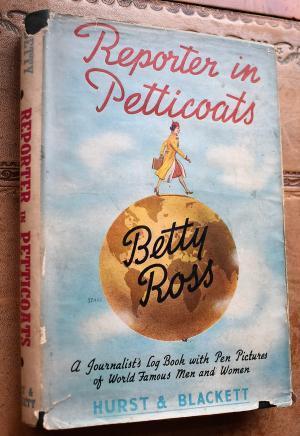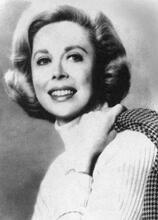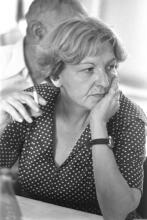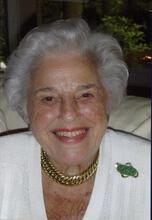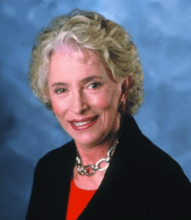Betty Ross
Betty Ross was a journalist known for her international purview and interviews with celebrities. After publishing feature articles in the New York World, her byline began to appear in such publications as The New York Times, Outlook, and Popular Science. In the mid-1920s she traveled extensively through Asia, Europe, the Middle East, and Russia, gathering materials and interviewing distinguished literary, political and religious figures. She was among the first journalists to conduct radio interviews, in a program called “Peeps at Celebrities.” Ross published two accounts of her journalist career and also explored her Jewish heritage in print; her pamphlet “A Visit to the David Brown Colony in Crimea” was published by the United Jewish Campaign in the late 1920s. She settled in London in 1939 and became involved with the British Broadcasting Corporation.
Article
Journalist Betty Ross, best known for her interviews with celebrities, was born on July 15, 1900. Her parents, Polish immigrants Joseph and Ida (Cantor) Rosenblum, settled in Hartford, Connecticut, shortly before their daughter’s birth. During the next four decades, Joseph Rosenblum established himself as a real estate broker and, with his wife, raised five sons and two daughters.
After attending public schools in Hartford, Betty worked for the Hartford Post and became interested in a writing career. She studied journalism and literature at Columbia University from 1920 to 1923, and, beginning in 1923, published feature articles in the New York World under the name Betty Ross. In subsequent years, her byline appeared in major city newspapers, including The New York Times and Philadelphia’s Public Ledger, and in such widely read magazines as Outlook, Popular Science, and Success.
Extensive travel in Asia, Europe, the Middle East, and Russia during the mid-1920s provided Ross with much of the material she used in her syndicated columns and articles. During these years, she interviewed such noted literary, political, and religious personalities as Helen Fraser (a Liberal candidate for the British Parliament in 1923), author John Galsworthy, and Grand Rabbi Haim Nahoun of Egypt. In addition to profiling these men and women in print, Ross was among the first journalists to conduct radio interviews, in a program called “Peeps at Celebrities.”
Ross published two accounts of her career as a journalist: Heads and Tales (1934), about her interviews with noted individuals, and Reporter in Petticoats (1947). She also explored aspects of her Jewish heritage in print. The United Jewish Campaign published her pamphlet “A Visit to the David Brown Colony in Crimea” in the late 1920s, and a fictionalized account of life in a Jewish settlement in Russia appeared under the title Bread and Love in 1930.
By 1939, Ross had settled in London, where she would spend the remainder of her life. There, she continued to write and also became involved with the British Broadcasting Corporation, working in both radio and television. Her work on Mexican documentary films resulted in several publications, including With Cortez in Mexico, which was serialized by UNESCO. The Mexican government awarded Ross the Aztec Eagle, in recognition of her documentation of the country’s heritage.
Ross died in London, her home of twenty-five years, on December 31, 1964, survived by her husband, Maurice Arram, a London attorney.
Selected Works
Heads and Tales. London: Rich & Cowan, 1934.
Reporter in Petticoats. London: Hurst & Blackett, 1947.
True Adventures Great Explorers Told Me. London: Phoenix House, 1959.
A Visit to the David Brown Colony in Crimea. N.p.: United Jewish Campaign, 1929. Pamphlet.
McGinley, Art. “Good Afternoon.” Hartford Times, June 26, 1962.
Silverman, Morris. Hartford Jews, 1659–1970. Hartford: The Connecticut Historical Society, 1970.
Who Was Who in Journalism 1925–1928, edited by Gale Research Editorial Staff. N.p.: Gale/Cengage Learning, 1978.
WWIAJ (1928).

